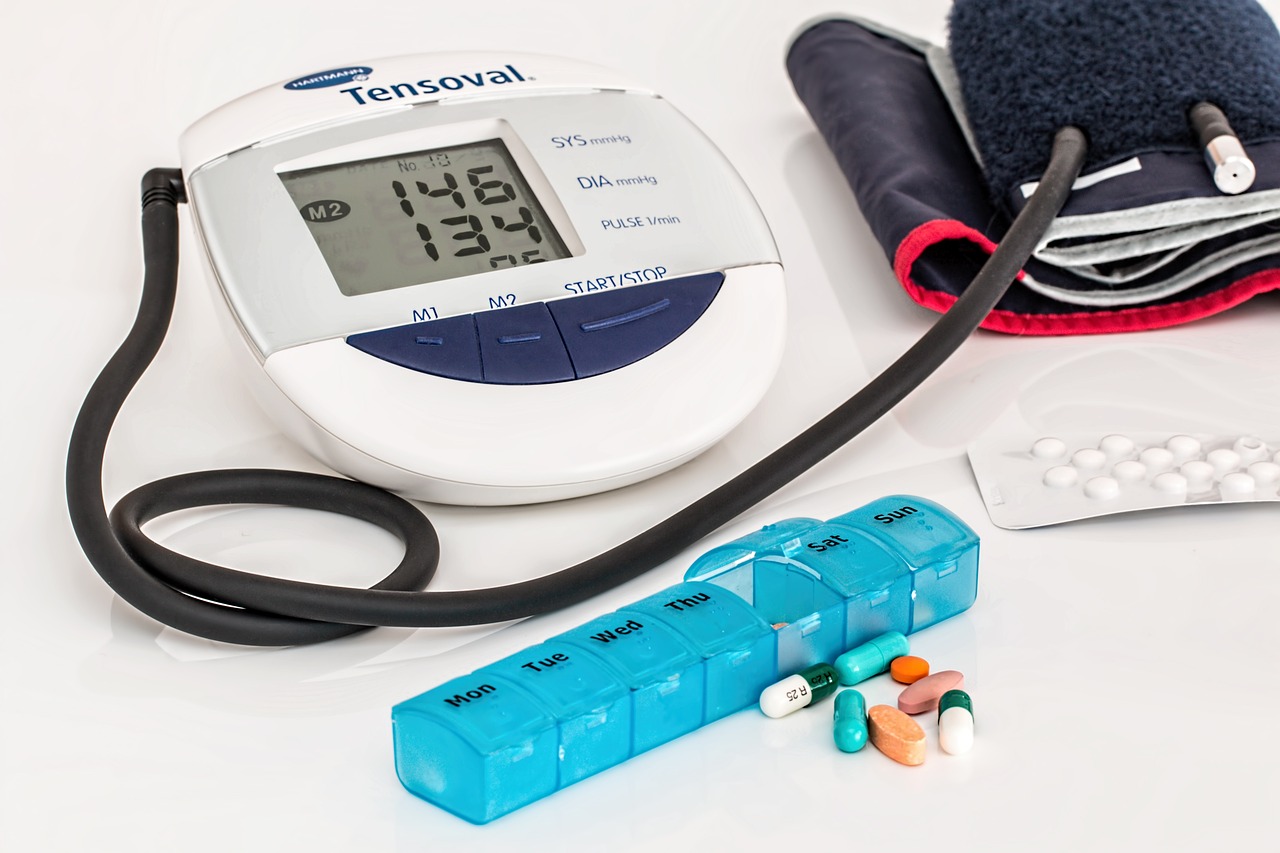-

New website for Practitioner training
•
We have recently launched a new website — sapientra.com.au — that will be offering online training modules for practitioners. We will soon be launching our first two training modules, an introductory course and an advanced course on the treatment of Personality Disorders within a neuroplasticity framework. To develop these first courses — titled Mental…
-

Making Time for Healthy Changes: A Practical Guide
•
Changing our food and exercise habits often sounds easy—until we try to put them into practice. The challenge isn’t lack of motivation; it’s that our time is already fully allocated to existing habits. Time is a limited resource, and any new activity must replace something else. Our brain often resists change, making us believe…
-

Pharmacogenomic Testing – for tailored medications and better outcomes
•
Pharmacogenomic testing provides your doctor with information to tailor your prescription medications to your unique genetic makeup. For clients experiencing poor mental health, this testing can be incredibly valuable. It provides insight into how your body might respond to specific medications, whether you might experience side effects, or if a certain medication may not…
-

Mood Fuel For Teens: What to Eat for a Better Vibe
•
Did you know that what you eat can help improve your mood? If you’re feeling down, anxious, or just struggling with energy, making some small changes to your diet might make a big difference. Here’s a quick and easy guide on how to use food to feel better, based on solid research. Don’t worry,…
-
Gut Health is Important for Mental Health
•
At Thrive Wellness, we recognise that mental health is multifaceted, and addressing it from all angles is important. While psychological therapy plays a significant role in mental health care, did you know that your gut health could be just as important? The gut-brain connection influences everything from mood to cognitive function and improving the…
-

Personalised Medicine: how DNA testing can optimse medication results
•
Pharmacogenomic testing, also known as pharmacogenetic testing, examines how your genes affect your body’s response to medications. This testing combines pharmacology (the study of drugs) and genomics (the study of genes) to guide over-the-counter and personalised medicine prescriptions. By analysing your genetic makeup, healthcare providers can tailor treatments to ensure they are effective and…
-

Guiding the Stars of Tomorrow: Empowering Your Year 12 Student for Success and Beyond
•
Navigating the journey of guiding a young individual through their educational years is no small feat, especially as they stand on the cusp of adulthood. This brings us to the pivotal juncture known as year 12 – a phase fraught with uncertainty. Amidst identity exploration, cognitive growth, external influences, and a myriad of other…

